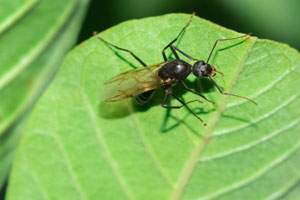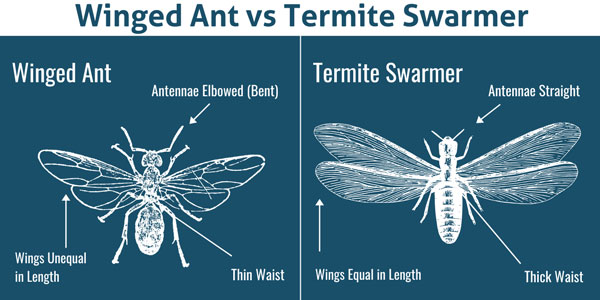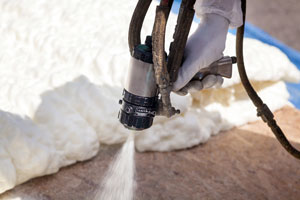 Spring is almost here, which means pests are on their way! While pest problems are a fact of life in Georgia year-round, springtime sees a big fluctuation in pest problems. This is because many pests that are less active throughout the winter are encouraged by warming temperatures to start invading homes again. To keep spring pests out of your property, it’s important to prepare your home now! Keep reading for tips from the experts at Active Pest Control.
Spring is almost here, which means pests are on their way! While pest problems are a fact of life in Georgia year-round, springtime sees a big fluctuation in pest problems. This is because many pests that are less active throughout the winter are encouraged by warming temperatures to start invading homes again. To keep spring pests out of your property, it’s important to prepare your home now! Keep reading for tips from the experts at Active Pest Control.
5 Common Springtime Pests
It’s pest season, and there are many pests to be on the lookout for in the next couple of months. The most common pest problems this time of year are:
- Ants. With warmer weather comes hoards of ants in your home.
- Termites. Termite swarming season is here! Termite infestations often start in the spring.
- Rodents. Although they’re active year-round, rats and mice are a problem in the spring.
- Stinging insects. Wasps and hornets are gearing up to build nests this time of year.
- Stink bugs. After overwintering, people report a resurgence in stink bugs.
How to Prevent Pests this Spring
Chances are, you’ll be doing some spring cleaning around your home. Why not throw in pest prevention measures while you’re at it? To prepare your home for spring pests, implement the following tips:
- Clean your windows and doors, and make sure there are no cracks or crevices. If there are, seal them properly.
- Deep-clean your carpets by vacuuming and shampooing, if possible.
- Clean your kitchen with a focus on your appliances. Crumbs and spilled liquids are easy bait for rodents, cockroaches, and more!
- Remove debris from your yard, and trim back tree branches away from your home. Also clean out gutters and downspouts.
- Ensure your plumbing is working properly and fix any leaks.
- In general, tidy up your home. Clean under furniture, wipe down surfaces, and inspect areas of your home that need some fixing up.
How to Get Rid of Spring Pests
You’ve thoroughly cleaned your kitchen and tidied your backyard, but there’s still ants crawling across your kitchen counters—now what? To prevent inevitable spring pests, it’s best to team up with a professional pest control company. The exterminators at Active Pest Control will work with you to ensure your home is safeguarded from pests this spring and all year long.

 If you think you’ve spotted a termite in or near your home, how can you be so sure it’s not a
If you think you’ve spotted a termite in or near your home, how can you be so sure it’s not a 
 Everyone knows that pest prevention is the best form of pest control, and
Everyone knows that pest prevention is the best form of pest control, and 